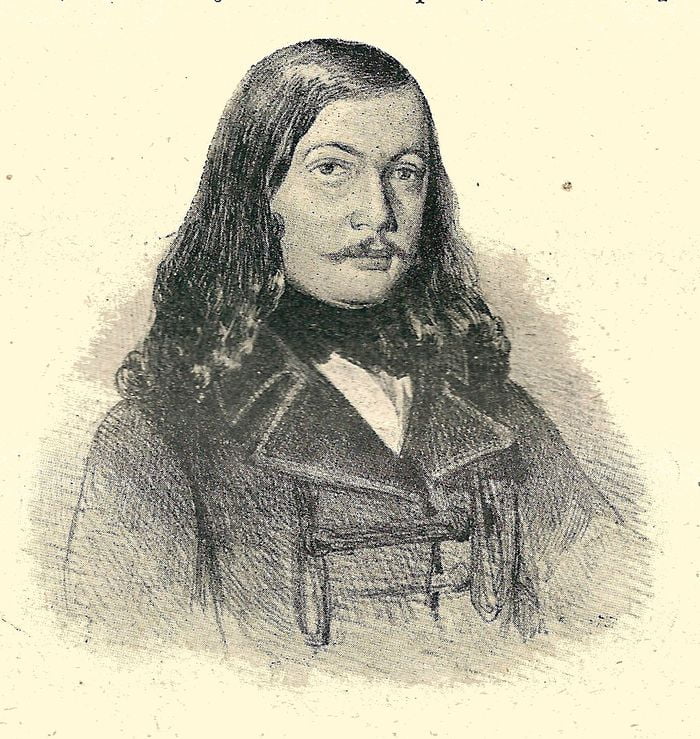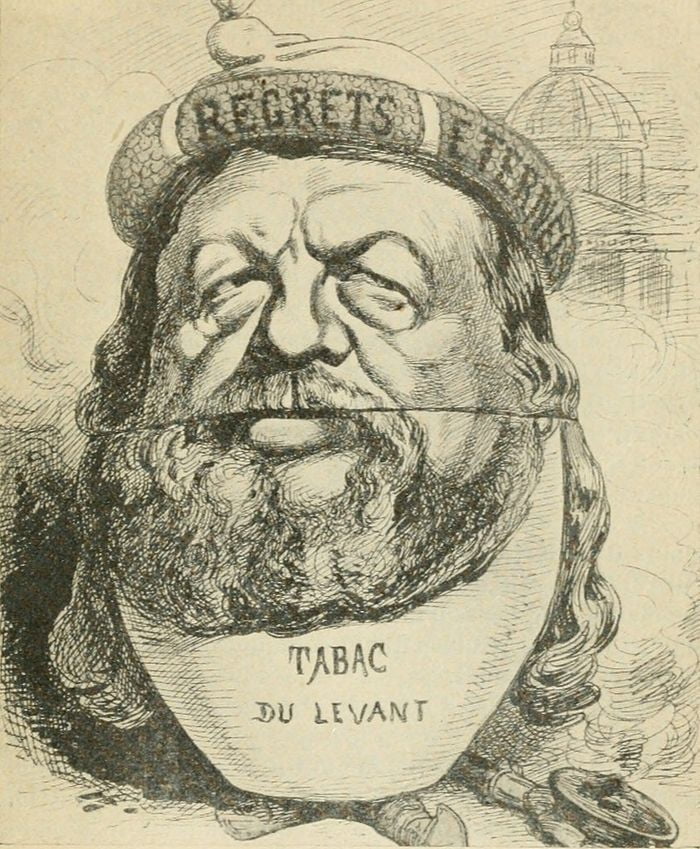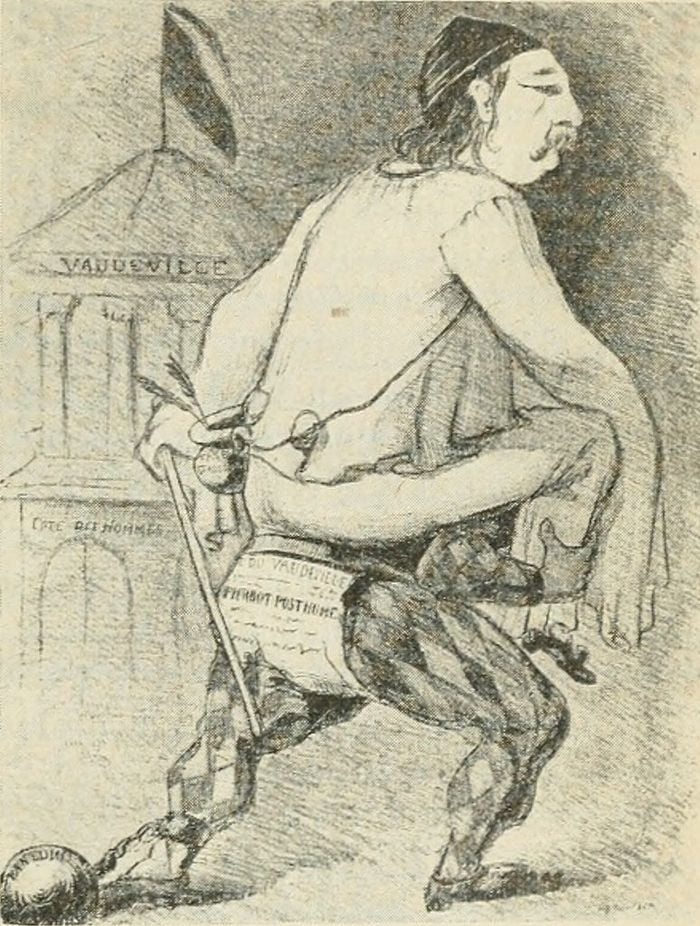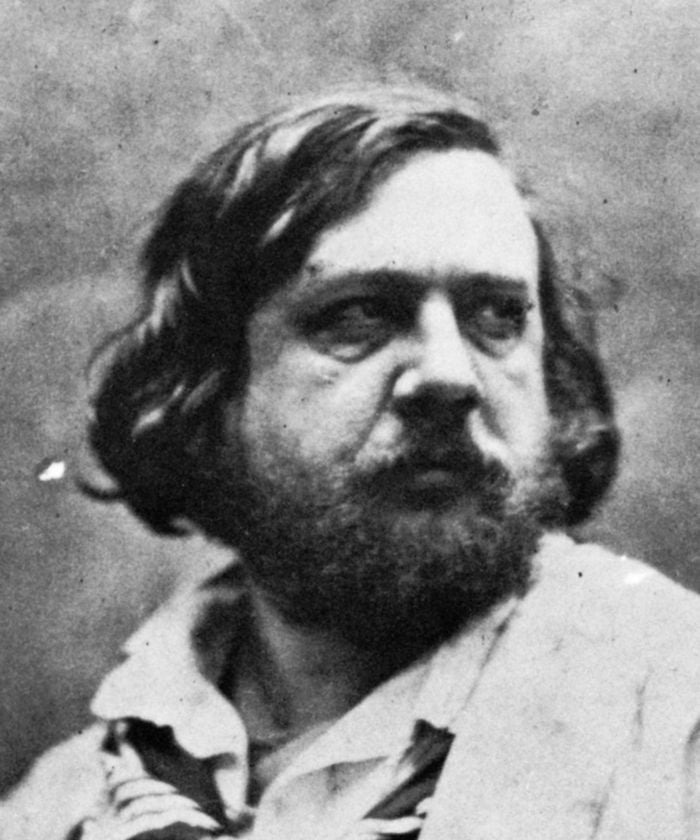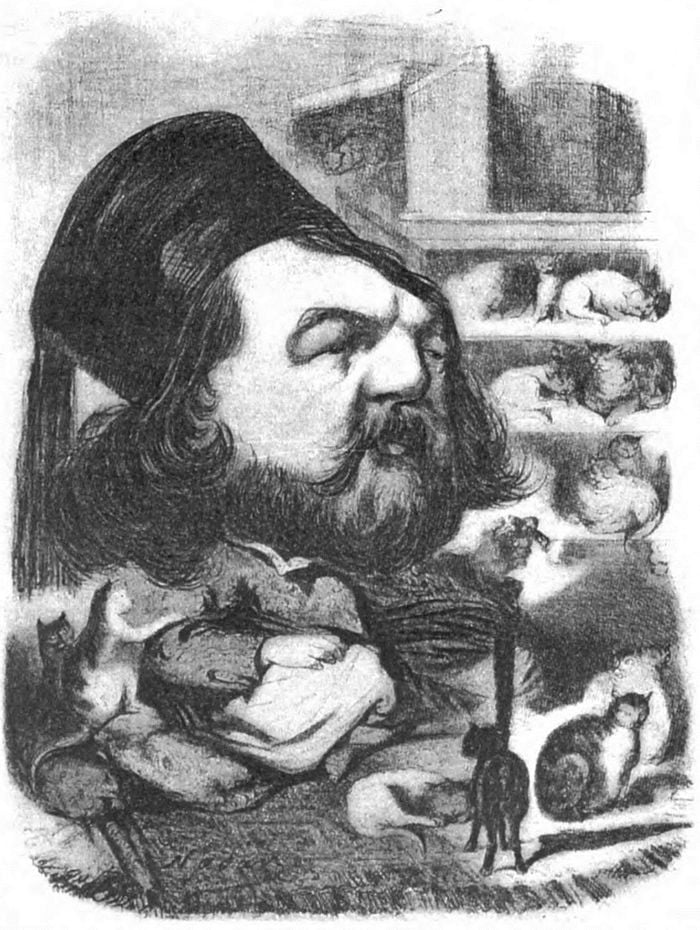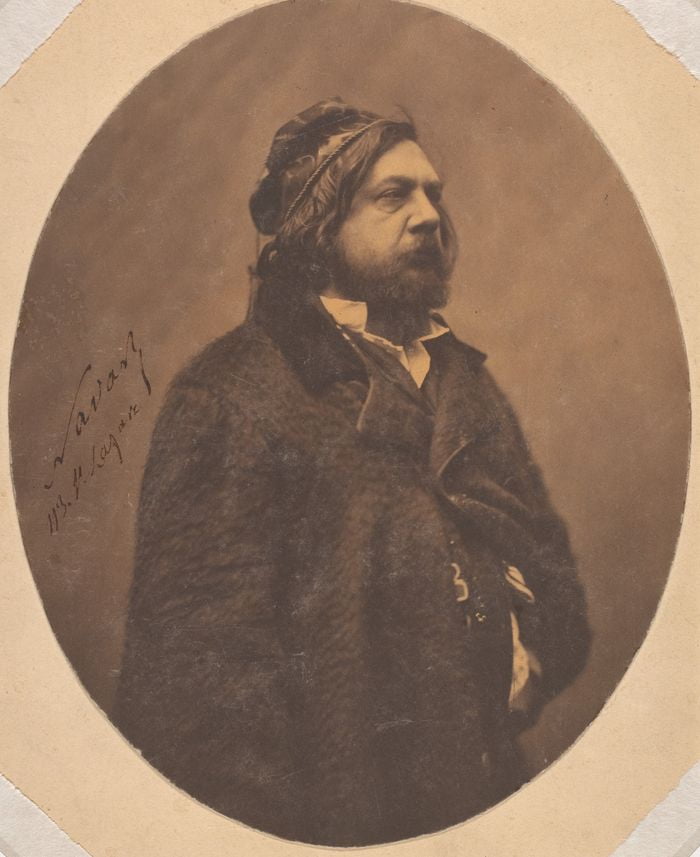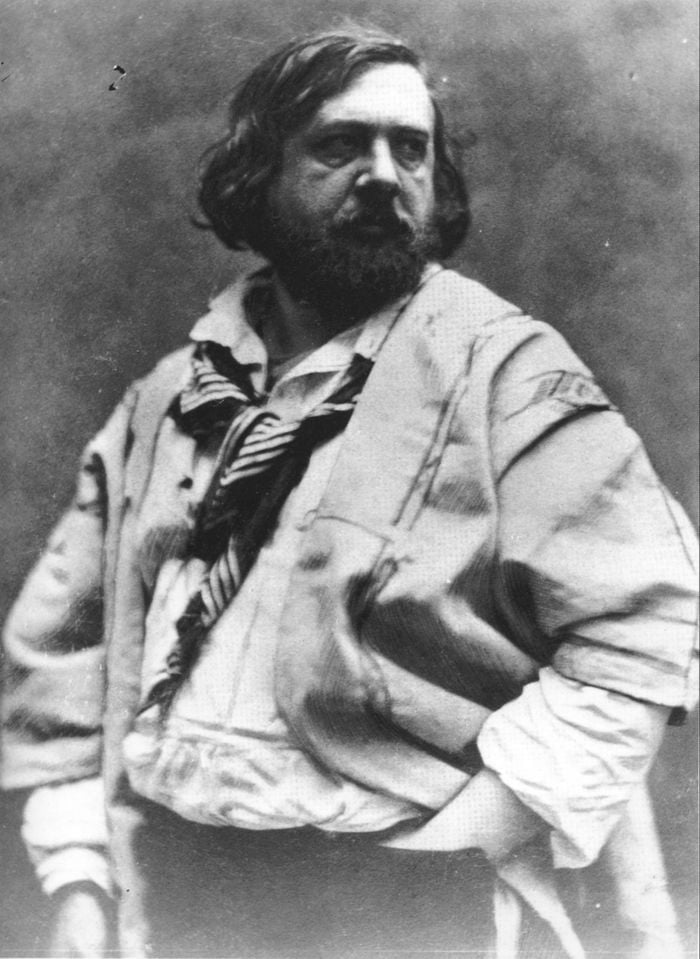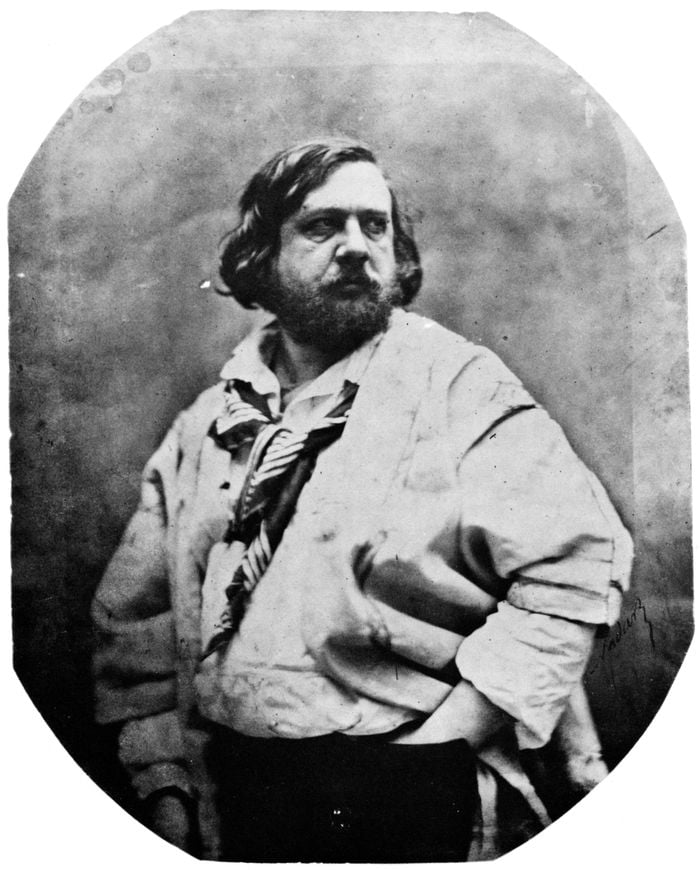The Mummy`s Foot part 11
Pharaoh opened wide his great eyes of glass in astonishment at my witty request.
“What country do you come from? and what is your age?”
“I...
The Mummy`s Foot part 10
The Princess Hermonthis still held my hand, and graciously saluted the mummies of her acquaintance.
My eyes became accustomed to the dim twilight, and objects...
The Mummy`s Foot part 9
I thought this proposition natural enough. I arrayed myself in a dressing-gown of large-flowered pattern, which lent me a very Pharao¬nic aspect; hurriedly put...
The Mummy`s Foot part 8
“Well, my dear little foot, you always flee from me; yet I always took good care of you. I bathed you with perfumed water...
The Mummy`s Foot part 7
Her arms, slender and spindle-shaped, like those of very young girls, were encircled by a peculiar kind of metal bands and bracelets of glass...
The Mummy`s Foot part 6
I peered through my room with a feeling of expectation which I saw nothing to justify: every article of furniture was in its proper...
The Mummy`s Foot part 5
I went home, delighted with my acquisition.
With the idea of putting it to profitable use as soon as possible, I placed the foot of...
The Mummy`s Foot part 4
“Ha, ha!—you want the foot of the Princess Hermonthis,”—ex¬claimed the merchant, with a strange giggle, fixing his owlish eyes upon me—“ha, ha, ha!—for a...
The Mummy`s Foot part 3
“No; I have quite enough weapons and instruments of carnage;—I want a small figure, something which will suit me as a paper-weight; for I...
The Mummy`s Foot part 2
Upon the denticulated shelves of several sideboards glittered im¬mense Japanese dishes with red and blue designs relieved by gilded hatching; side by side with...
